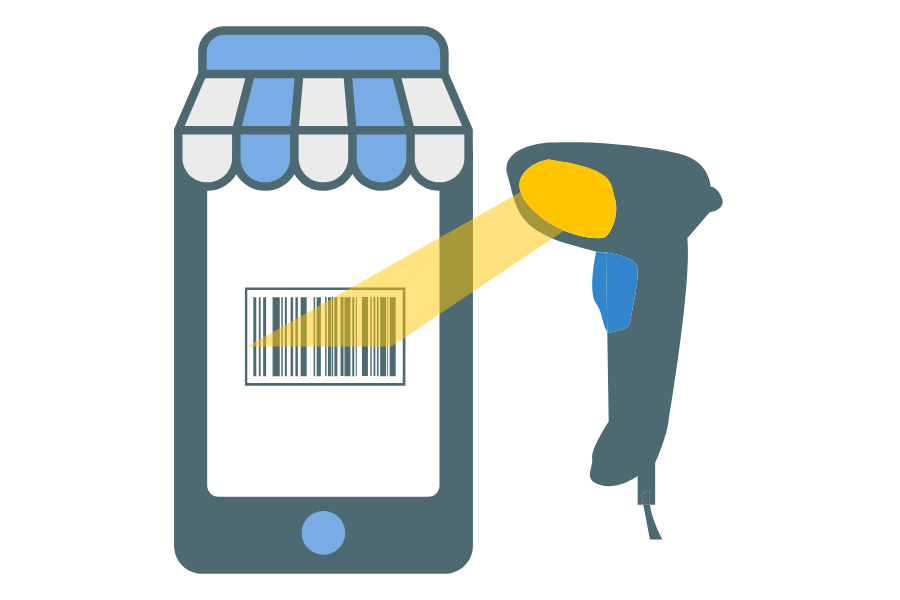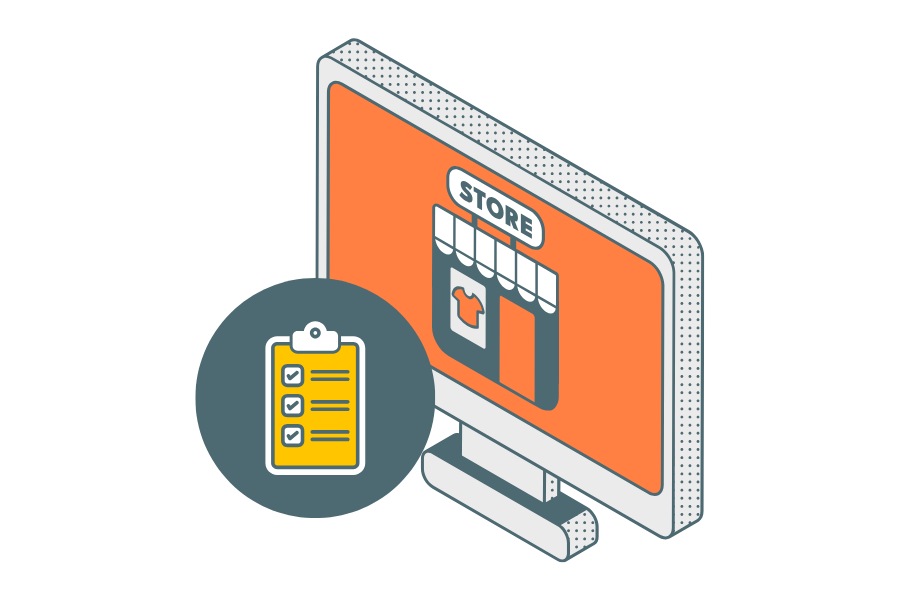How to Start Selling Online in the UK
If you’re a UK small business owner ready to start selling online in the UK, it’s important to get your accounting and tax setup right from the beginning. Understanding the essentials—like business registration, tax obligations, and record-keeping—is key to staying compliant and avoiding problems down the road.
This guide will walk you through the crucial steps to launch your online business smoothly, with insights related to accounting services in UK that you’ll need to keep your finances on track.
1. Decide on Your Business Structure
Choosing the right structure is one of the first steps for any UK small business looking to sell online. Your choice affects your tax responsibilities and legal liabilities:
- Sole Trader: Simple to set up but leaves you personally liable for business debts.
- Partnership: Shared ownership and responsibilities among partners.
- Limited Company: A separate legal entity offering personal asset protection but requires registration and more formal accounting and reporting.
Your business structure also impacts the accounting services you’ll require and how you manage your finances.
2. Register Your Business with the UK Authorities
Proper registration is a must when you start selling online in the UK:
- Sole Traders and Partnerships:
Register for Self Assessment with HM Revenue & Customs (HMRC) if your earnings exceed £1,000. - Limited Companies:
Must register with Companies House before trading, submitting essential company details and receiving a Certificate of Incorporation. Don’t forget to register for Corporation Tax with HMRC within three months of starting.
3. Obtain Your Unique Taxpayer Reference (UTR)
HMRC sends a UTR by post after registration. This unique number is vital for managing your taxes and communicating with tax authorities.
✅ Counto’s all-inclusive accounting plans for online sellers feature multicurrency support, unlimited transactions, GST submissions, and tax filing—with no hidden fees. Benefit from a dedicated team of experts, including a bookkeeper, Chartered Accountant, and tax specialist. Optimise your e-commerce finances today.
4. VAT Registration: Know When to Register
For UK small businesses selling online, VAT registration is required if taxable turnover exceeds £90,000 within any 12 months.
- Mandatory registration applies when crossing the threshold.
- Voluntary registration is an option, with pros and cons, especially for reclaiming VAT on business expenses.
5. Open a Dedicated Business Bank Account
Separating your personal and business money makes managing your business finances easier and is recommended for all UK small businesses, particularly partnerships and limited companies.
6. Licences and Permits
Most online sellers won’t need specific licences, but if your business sells regulated products, check with UK authorities to ensure you have the correct permits.
7. Create Your Online Store
When setting up your online sales platform, focus on:
- Clear product descriptions and pricing
- Transparent shipping and delivery policies
- Fair and easy-to-understand terms, conditions, and refund policies
This helps build trust and keeps you compliant with consumer protection laws.
8. Understand Your Legal and Consumer Obligations
Compliance with consumer rights and data protection laws (like GDPR) is crucial for any UK small business selling online. Clear policies and secure data management protect both your customers and your business.
9. Maintain Accurate Records and Meet Tax Deadlines
Good record-keeping and timely tax filings are the backbone of compliant business operations:
- Keep detailed sales, expense, and VAT records (if registered)
- Submit tax returns on time to avoid penalties
- Follow Making Tax Digital (MTD) regulations when applicable, maintaining digital records and filing online
Using proper accounting services or tools ensures your records are accurate and ready for tax time.
Summary
For any UK small business planning to start selling online in the UK, understanding your tax responsibilities and legal obligations is essential. Choosing the right business structure, registering correctly, and staying on top of VAT and tax requirements will give your business a strong foundation.
Clear record-keeping, separating finances, and ensuring your online store complies with legal standards will help you build trust with customers and avoid costly mistakes.
Taking these important steps will help you grow your online business confidently and sustainably.
Discover how Counto helps online sellers like you save time and money
With an intelligent platform combined with experienced accountants and tax specialists, who are dedicated to helping online businesses achieve greater financial efficiency at an affordable price. Experience a smarter way to outsource your ecommerce accounting with confidence. Speak to us directly on our chatbot, email [email protected] , or use our contact form.







